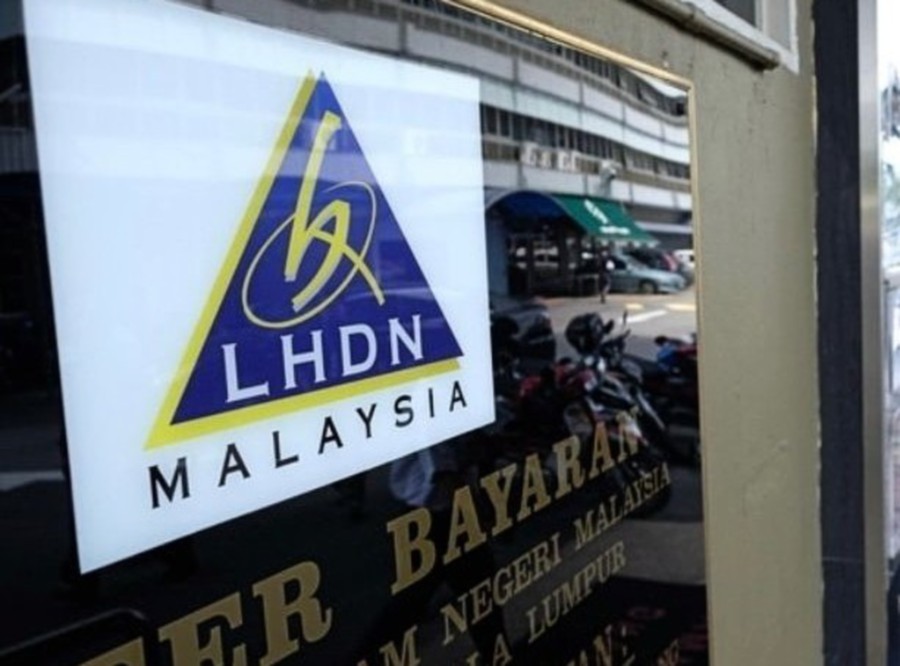
“Cukai Makmur” drew a lot of attention from the general public, economists and market experts, all of whom had various perspectives, which contributed to the policy debate. – Bernama file pic
THE current economic situation necessitates vigorous government action to encourage economic growth and accelerate recovery.
In response, expansionary fiscal policy was continuously implemented. With RM332.1 billion allocated in the 2022 Budget, it was the largest government expenditure in history.
One way to stabilise the government fiscal condition is to impose a one-off special windfall tax or “Cukai Makmur” on companies that generated extraordinary revenue during the pandemic period.
Under this tax, companies with chargeable income up to the first RM100 million will be subjected to income tax at a rate of 24 per cent while the remaining chargeable income will be subject to income tax at 33 per cent for the year of assessment 2022.
“Cukai Makmur” drew a lot of attention from the general public, economists and market experts, all of whom had various perspectives, which contributed to the policy debate.
This article presents a brief economic assessment of the implementation of such a tax, based on three principles, namely redistribution, application and economic efficiency.
First, tax is a redistribution tool in economics, used by the government in any country to redistribute income and wealth from the rich to the poor. It can be made directly through direct transfer and indirectly through development expenditures.
Distributional impacts of Covid-19 tend to be regressive, affecting mostly low-income earners and bringing more unemployment. The fact is, more M40 households have fallen into the B40 group and many cannot return to work as the unemployment rate is still above last year’s, at 4.67 per cent in the second quarter of this year. Therefore, taxation and income transfers to the poorest segment of the society are the most direct way to stabilise poverty and income inequality in the short term.
Based on this premise, taxing financial winners from the Covid-19 crisis and redistributing the revenue to the losers is an equitable or fair approach.
It has been observed that companies in sectors such as processed rubber, banks, IT services, online purchases and delivery services have made excess profits (than normal) compared with companies in other sectors during the pandemic.
Second, the tax is not a new taxation approach. In fiscal literature, the windfall tax was introduced in the 1910s, particularly after World War 1. Similar to the Covid-19 crisis, there were financial winners from the war and they were imposed a special tax.
According to a source, the British government imposed a tax called Excess Profits Duty on companies that were profiting from the war.
Initially, this was a 50 per cent tax on any war-time profits in excess of average profits before the war, after allowing for a six per cent return on capital. The tax was also imposed during the normal economic period for different sectors, such as utility providers.
Third, one key argument against the windfall tax is its inefficiency. Inefficient tax raises revenue while causing minor unexpected economic behaviour distortions. The windfall tax, in my opinion, is unlikely to generate a significant resource allocation distortion.
Given that the tax is a one-off tax based on previous profits, no change in the companies’ behaviour today can alter the level of those profits gained in the past and so modify the amount of tax that has to be paid.
Since the windfall tax will be assessed on previous profits, it has the characteristics of a “lump-sum tax”, meaning it will have no effect on the cost of producing additional output and will have no direct impact on market demand.
The only influence on the behaviour of the companies in question is likely to be the loss of profits caused by paying the windfall tax bill.
This raises the question of how businesses will respond to the loss of revenue. The funds used to pay the windfall tax cannot be utilised to fund investment spending.
This means that a greater amount of investment must be funded externally, primarily through increased borrowing. If the cost of borrowing rises as a result of increased borrowing, the cost of capital rises as well, which is a fair justification for higher pricing and also signals a reduction in investment.
Overall, I would lean towards supporting the imposition of the windfall tax. The basic justifications are based on the three principles mentioned above.
Furthermore, the strategy to taxing winners from the pandemic is consistent with the concept of Keluarga Malaysia, which implies that gains and burdens should be shared equitably.




